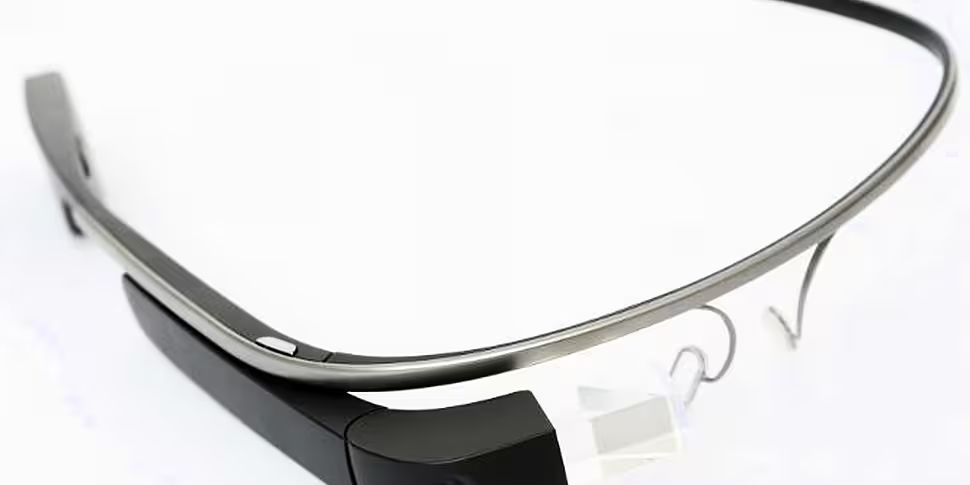A medical team in San Diego recently treated a man believed to be patient zero of internet addiction brought on by overuse of Google Glass.
The man was wearing the head-mounted device for up to 18-hours a day, only taking it off to shower and sleep. In the two months since purchasing Google Glass, the man said he had become aggressive and irritable whenever he was not using it, and that his dreams were taking place through the device.
The unidentified patient is a 31-years-old serviceman, and his addiction only came to light after he checked into the US Navy’s Substance Abuse Rehabilitation Program (SARP) during the summer for treatment for his alcoholism.
SARP demands that service personnel give up alcohol, cigarettes, drugs, and electronic devices for five weeks when seeking treatment at its facility.
Navy officials later discovered that the withdrawal symptoms the patient was suffering from were also linked to his addiction to Google Glass. The patient later said that the withdrawal from the device was worse than from his alcohol dependency.
Internet Addiction Disorder is not yet included in the Diagnostic & Statistical Manual of Mental Disorders, and remains a contentious diagnosis in the psychiatric community.
SARP’s 'Head of Addictions & Resilience Research' Dr Andrew Doan says, however, that people are clearly exhibiting symptoms related to internet addiction, and that it’s only a matter of time before the research catches up with opinion.
According to reports, SARP doctors observed the patient repeatedly tapping his tight temple with his index finger. His actions were an involuntary reaction to the gestures used to control the display on Google Glass. He also suffered from short-term memory problems.
The patient’s prognosis has been positive since his addiction was identified; following his five-week stint at SARP, his memory issues have improved, he reported being less irritable, as well as making fewer uncontrollable movements related to the device.
He is now undergoing a 12-step addiction-management programme.
(H/T: The Guardian)









